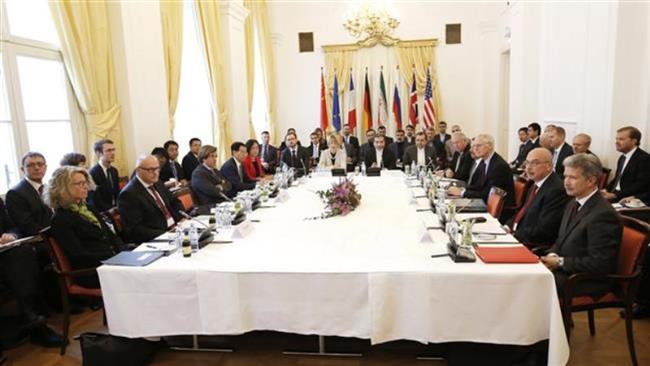
RNA - On December 1, the US Senate voted to extend the Iran Sanctions Act (ISA) for another 10 years. The sanctions law, which would authorize the US president to re-impose sanctions on Iran, was first adopted in 1996 to punish investments in the Islamic Republic over its nuclear program and its support for anti-Israeli resistance groups.
US President Barack Obama on Wednesday declined to sign the bill renewing the existing sanctions against Iran, but allowed the legislation to become law.
Alexander Azadgan, editor-in-chief of middleeastrising.com, believes the United States was never interested in truly implementing the JCPOA, adding that its intent all along was to closely spy on Iran’s nuclear facilities.
“Academically I can reason that Washington was never interested in JCPOA even though they are under obligation by international law to cooperate. I think Washington all along was interested in closely examining and spying on the Iranian nuclear facilities and that was the intent, and that is apparently what they think they have got,” the analyst told Press TV.
He stated that the Europeans were naturally very “enthusiastic” about the nuclear agreement because they needed the multi-billion dollar deals with Iran.
Elsewhere in his remarks, the analyst argued that US President-elect Donald Trump will be breaking international law if he violates the nuclear agreement.
He went on to say that Trump is an individual who does not seem to have any understanding of international norms, practices and obligations, adding that he wants to “renegotiate” everything, which is contrary to international law.
Azadgan further noted that Iran has remained fully committed to all its obligations under the JCPOA which has even been confirmed by Yukiya Amano, the head of the International Atomic Energy Agency (IAEA).
However, he said, the “safeguarding, integrity, and coherence” of the nuclear agreement is clearly being threatened under the new upcoming administration of Donald Trump.
According to the analyst, if Iranian diplomacy manages to create some kind of a divide between Europeans and the neocons in Washington, this will possibly be the beginning of a new phenomenon where Europe will no longer be under the yoke of the United States.
847/940